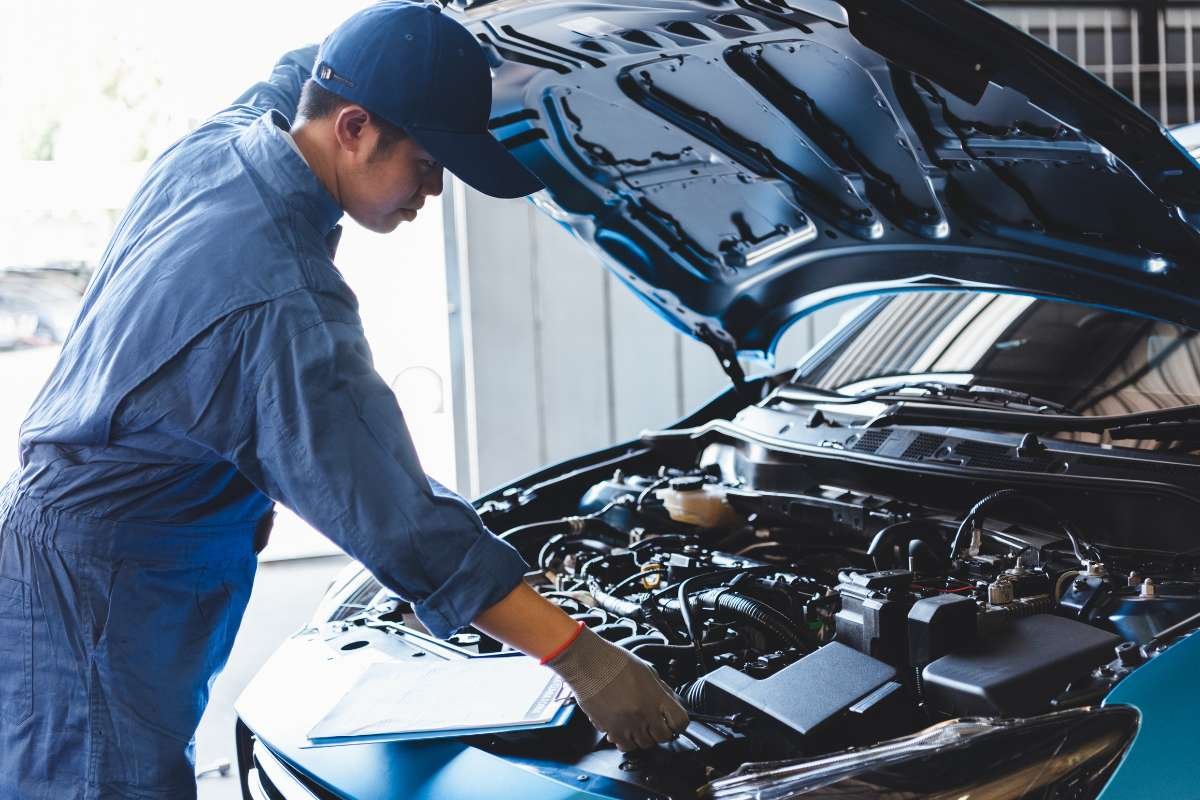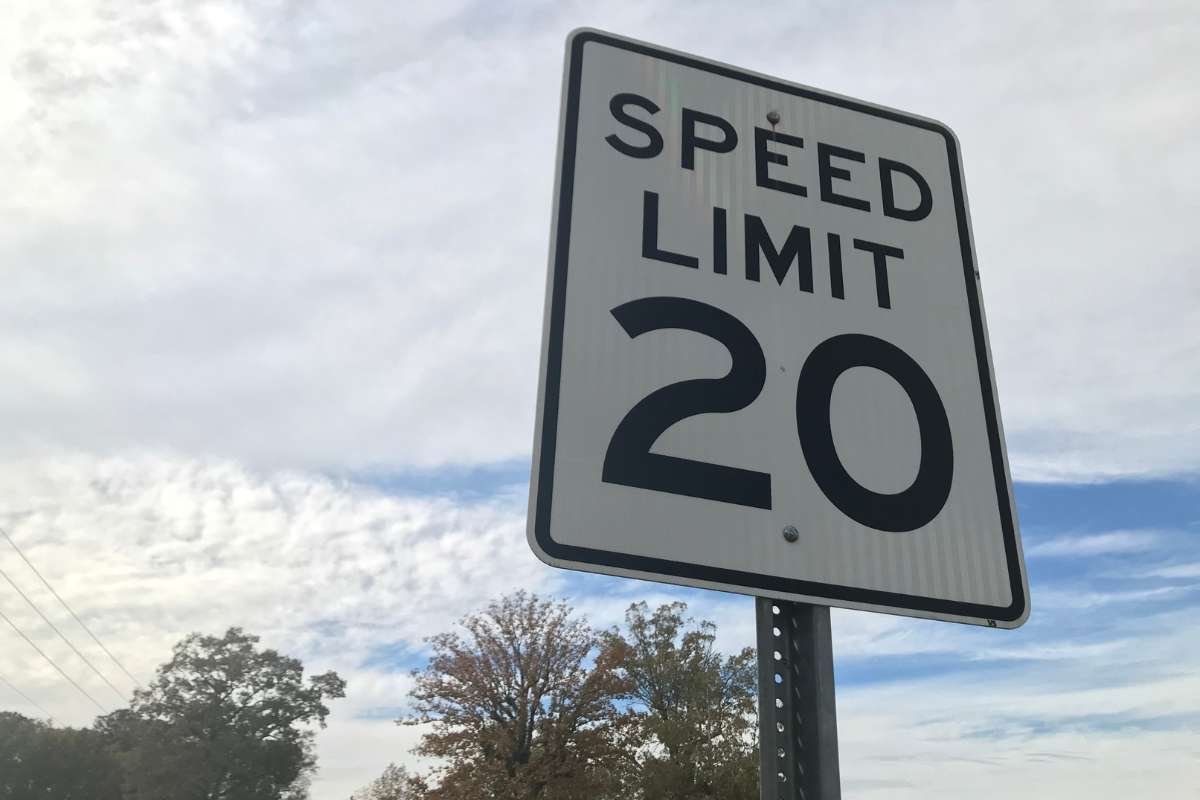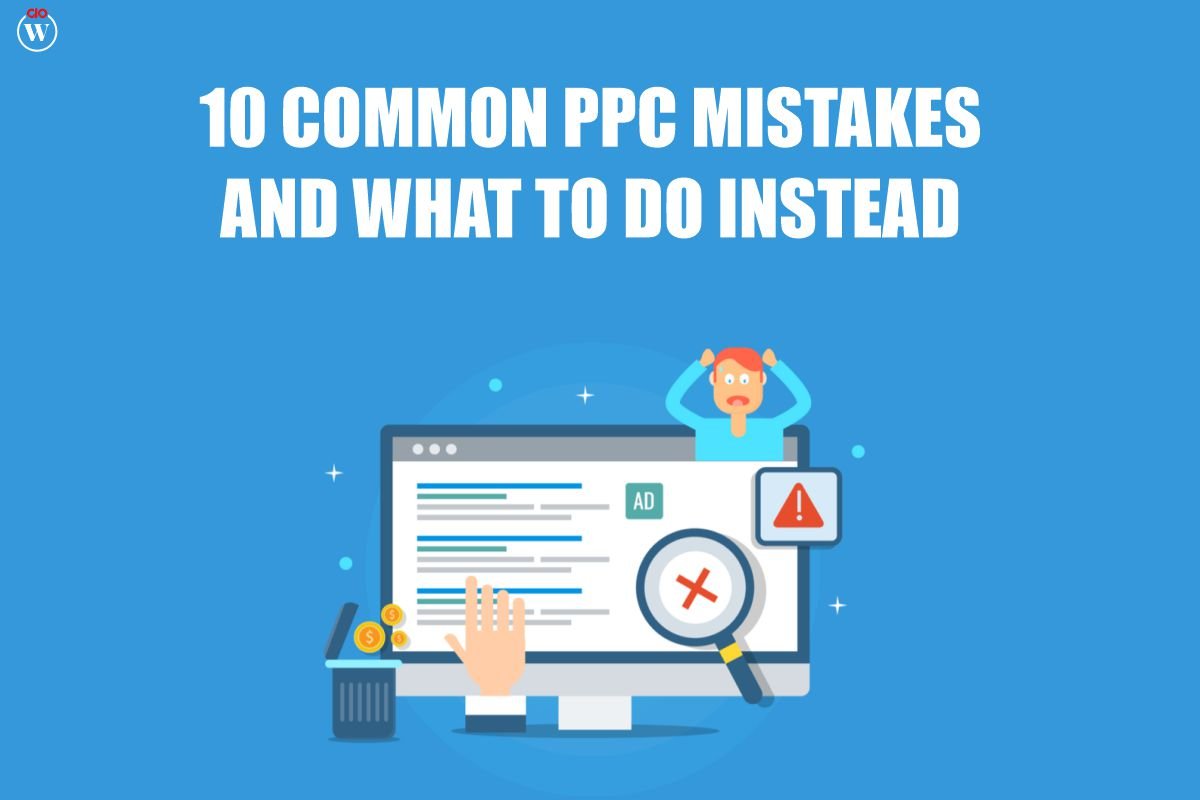Driving is one of those daily activities that most people don’t think twice about doing—that is, until something goes wrong. But safety on the road isn’t just about how you react when faced with an incident; it’s about how you drive every time you get into your vehicle. It’s those small habits that help you build awareness, avoid mistakes and accidents, and stay as safe as possible at times.
5 Safety Tips for Driving
1. Mindful Driving
Those small lapses in attention, the glance at the new notification on your phone, the lingering look at a dog on the sidewalk, all seemingly small, insignificant details, but ones that can cause a chain reaction that can lead to devastation when driving. Mindful driving is when you are aware of every action you take, staying present with every turn, every tap of the brakes, and every glance in the mirror. It’s resisting autopilot during “easy drives” because when you switch off, the unexpected happens, and it rarely ends well.
2. Maintenance Matters

Ignoring that check engine light might seem like a good idea if the car is still driving fine, but driving until something fails is a recipe for disaster. Worn tires, misaligned wheels, worn brake pads, or faulty brakes are signs that your car needs some TLC and can cause major disasters if you need to rely on them in an emergency or they fail on you altogether when you need them the most. Regular services aren’t just for fun or even longevity; they’re about protection for you, your vehicle, and other road users.
3. Respect The Limits

These are your own driving and physical limits and the rules of the road. Driving within the speed limit isn’t a guideline; it’s a margin of safety tips for driving implemented to keep everyone safe on the road. If every driver consistently exceeded the limits, there would be chaos on the road, because driving too fast, tailgating, and weaving in and out of traffic reduce your reaction time and margin for error.
It’s not about the law; it’s about instinct and understanding what is within your abilities each time you get in the car.
4. Know How To Respond to Accidents
This is knowledge you hope to never need, but knowing what to do if something goes wrong can be a massive help in an emergency road situation. Staying calm, checking for injuries, calling for help, and staying safe are vital skills and knowledge you need to know to protect yourself and those around you if you happen across or are involved in an accident. From here, things like contacting the authorities, talking with your insurance providers, and discussing the accident with a lawyer, for example, Javier Villarreal Law Firm, an accident law firm, can help you as you recover from a road traffic accident.
5. Small Habits Count
.jpg)
Lastly, when it comes to staying safety tips for driving, small habits are fundamental. Buckling up before you run the key in the engine, leaving a little bit of extra space between you and the car in front, adjusting your driving to the weather conditions, checking the mirrors, and checking them again before maneuvering—these all add up and help to make you a safer driver.









